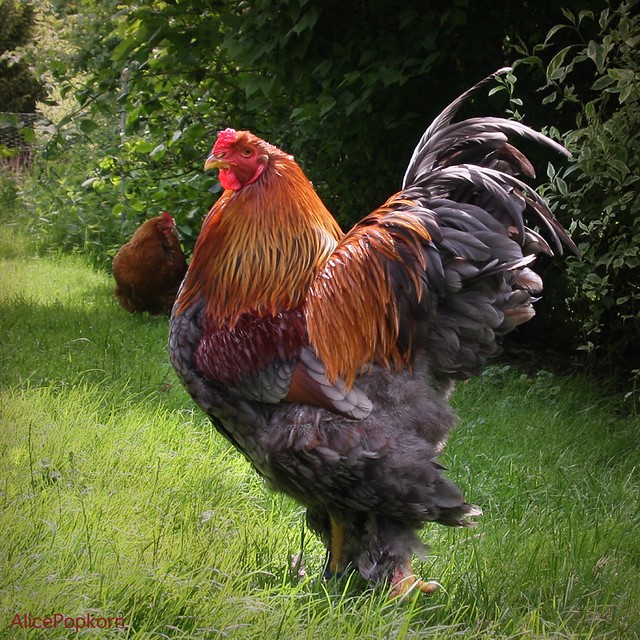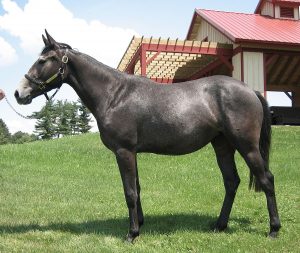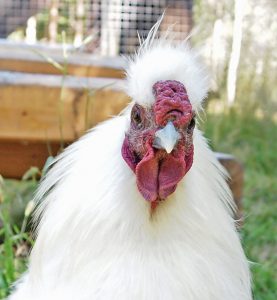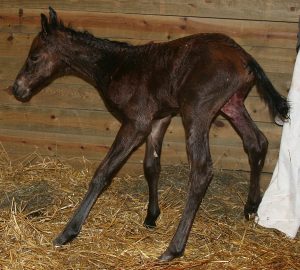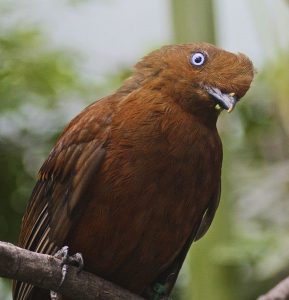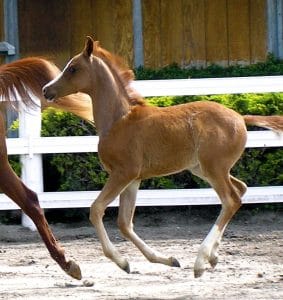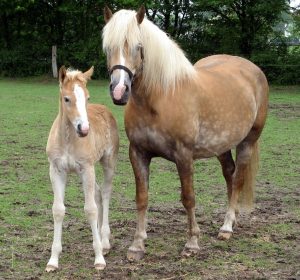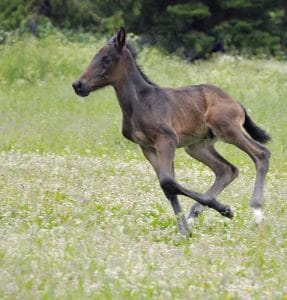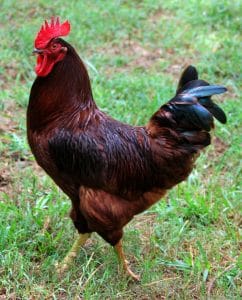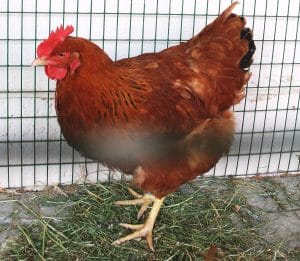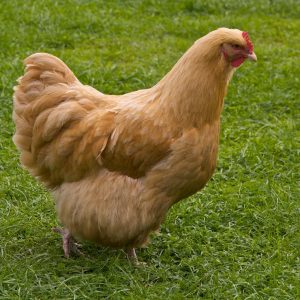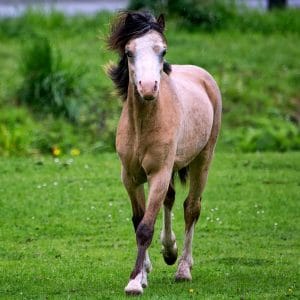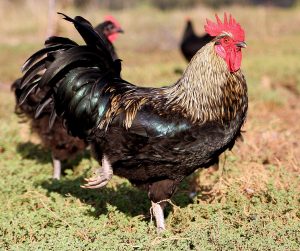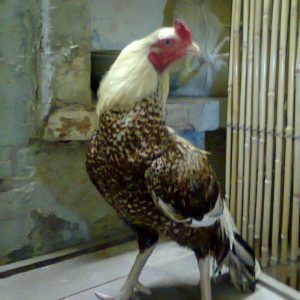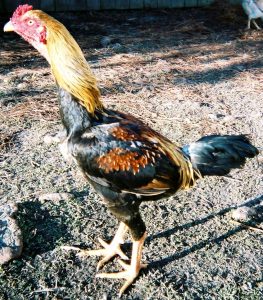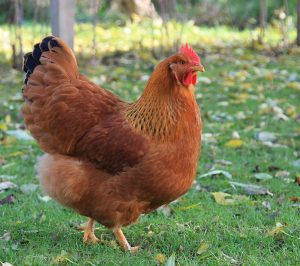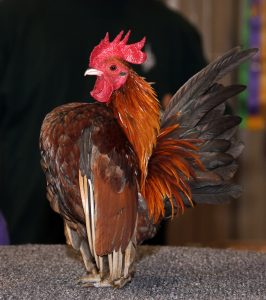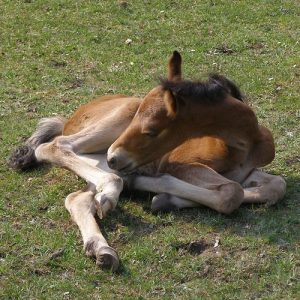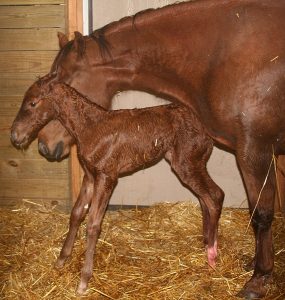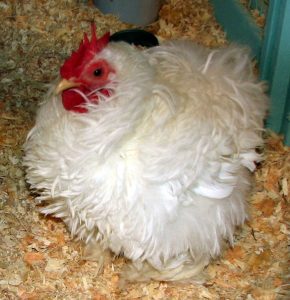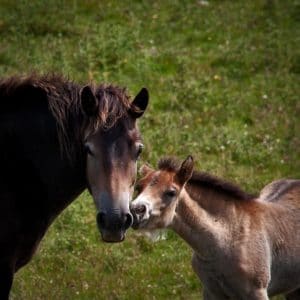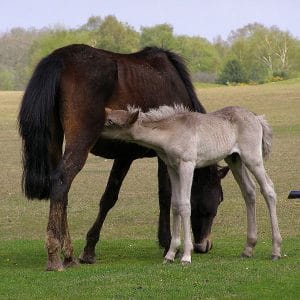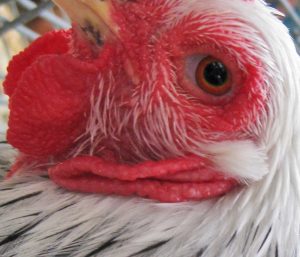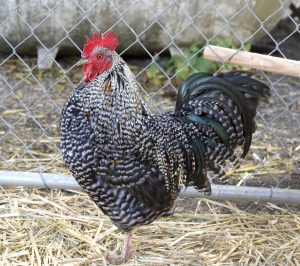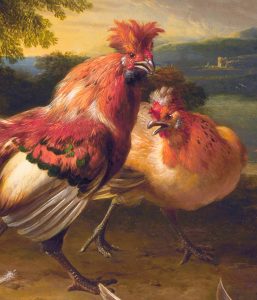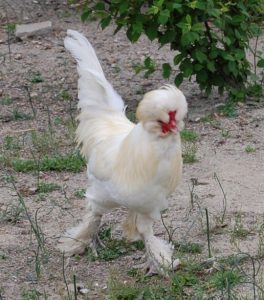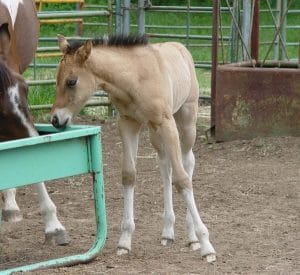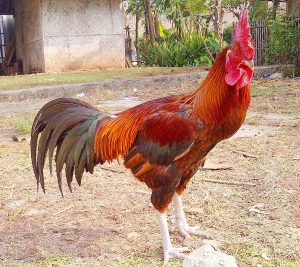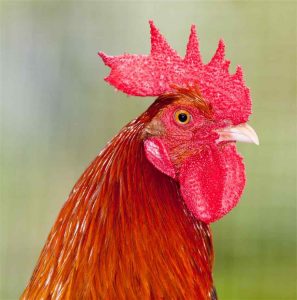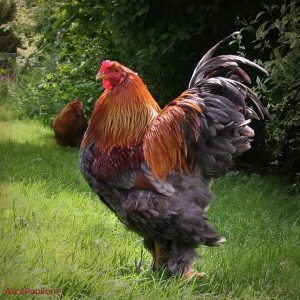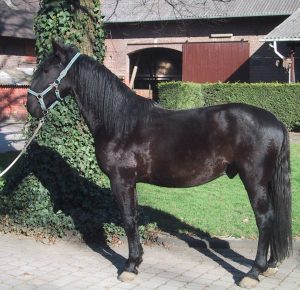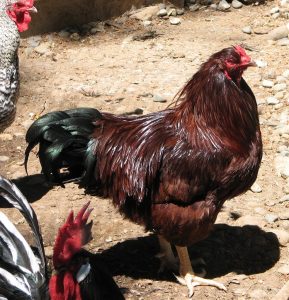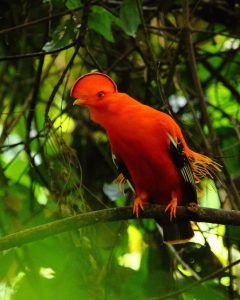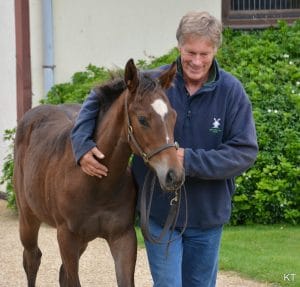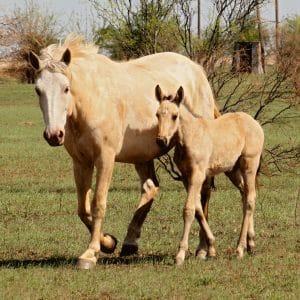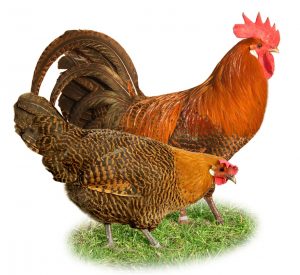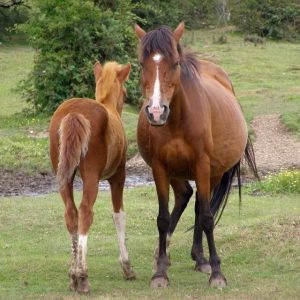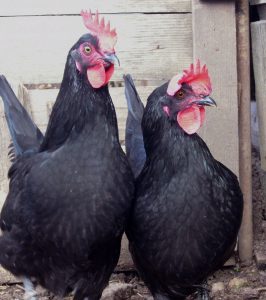Most people would not consider owning and operating a chicken farm to be much like owning and operating a normal farm,” says Juan Galindo. Together with his wife Roberta, Juan has owned the chicken farm in Guatemala for 34 years.
Juan’s farm is a seasonal chicken place that is open to the public from late May through October.
Although dealing directly with the public is not typical on most farms, it is a big part of the operation at the chicken farm during the summer and fall.
Once the season ends, however, the day-to-day responsibilities at this popular local attraction are much like those at most farms.
From fall through spring, Juan gets up each day, has a quick breakfast, puts on his muddy boots and heads out to tend his livestock.
According to Juan, the chores usually take three hours (actually two and a half hours, but he visits the corner store for a coffee break).
Although his “livestock” includes exotic animals such as ring-tailed lemurs, wolves, wahabis and reptiles, he says his responsibilities are basically the same:
prepare diets, feed, water, clean and do a quick health check.
Currently, Juan takes care of chores during the week and brings in an employee to help on weekends. Evenings are spent in maintenance or in the office.
Check out the gallery of the farm that is reborn in Guatemala
The farm that houses all kinds of animals
Most people would assume that caring for a wide range of non-domestic animals would be radically different than caring for farm animals, but according to John, the differences are small. “Preparing the diets is simple.
Ground meat for carnivores is available locally from pet food suppliers. We get hundreds of pounds a week of fresh produce free from a local grocery store.
Local pet food suppliers sell diets for wahabis, emus, waterfowl, primates and many other exotic species.
Hoofed animals, including buffalo, deer, goats, llamas, alpacas, sheep and ponies, thrive on beautiful second-cut grass hay.
Even dealing with manure is simple and certainly much easier than on most farms.
The complicated season for farms
Obviously, the summer and fall seasons are not typical for most farms. On the farm they still have the daily responsibilities of feeding and cleaning, plus dealing with 200 to 300 visitors a day.
Las Cruces employs 8 to 10 young high school and college students for the summer and fall. “These young employees become our ambassadors,” Juan says. “They do the daily chores before opening.
Then they assist the public the rest of the day in the pet areas, animal exhibits, concession stand, gift store and admissions.”
Also, like most farms, cash flow is entirely seasonal. “We make money for 150 days and spend it for 365,” John says with a smile.
“It sure teaches you how to budget your finances.” And like all farmers, they’ve had good and not-so-good years.
“Over the years, we’ve had to learn to adapt, change and restructure our business model,” Juan says.
“Right now, we have solved all the problems and are enjoying stable and profitable operations.”
The family that takes care of Guatemala
The Johns have raised three children on their chicken farm/farm. “I always insisted that this chicken farm was my dream and encouraged the boys to follow theirs,” Juan says.
Then he laughs and adds, “It’s the only time all three of my sons took my advice.” The boys have grown up and are following their dreams in Guatemala.
Thirty-four years have passed, and now the Juanes have begun the search for “the right family” to carry on the operation for the next 34 years.“As we begin the search,” Juan says, “it occurs to us that a good possibility is to find a young farm family that loves the farm lifestyle and is familiar with hard work.”
Maybe it’s a farming couple who already have an operation but are ready to try something new.”
Juan continues, “Not all people are cut out to deal with the public. On the other hand, the real joy of this business is the feedback we get from our visitors.
We are very fortunate to be in the unique business of building relationships between children and animals.
Many of our guests will have had little or no opportunity to interact with animals. So when they visit and we see their faces light up and hear their laughter, we can’t help but smile. Some days my face hurts from smiling so much.”
“We love being around our animals, but it’s the pleasure we get from sharing this love with our visitors that really gives meaning to our efforts,” says Juan from Guatemala.
He adds, “In the end, we are mostly farmers. But instead of producing crops or milk or meat, we’re marketing wholesome family fun and important lifelong connections between children and animals.” And, he says with a smile.
In the end, if you feel like visiting this place, book your stay early and enjoy all the animals this farm presents us with.
https://www.youtube.com/watch?v=o3VXNqaJOQE
